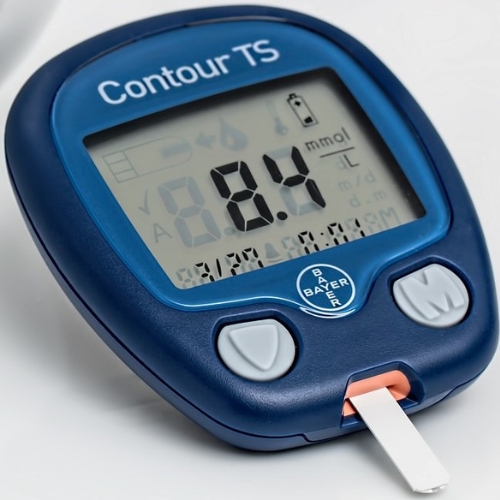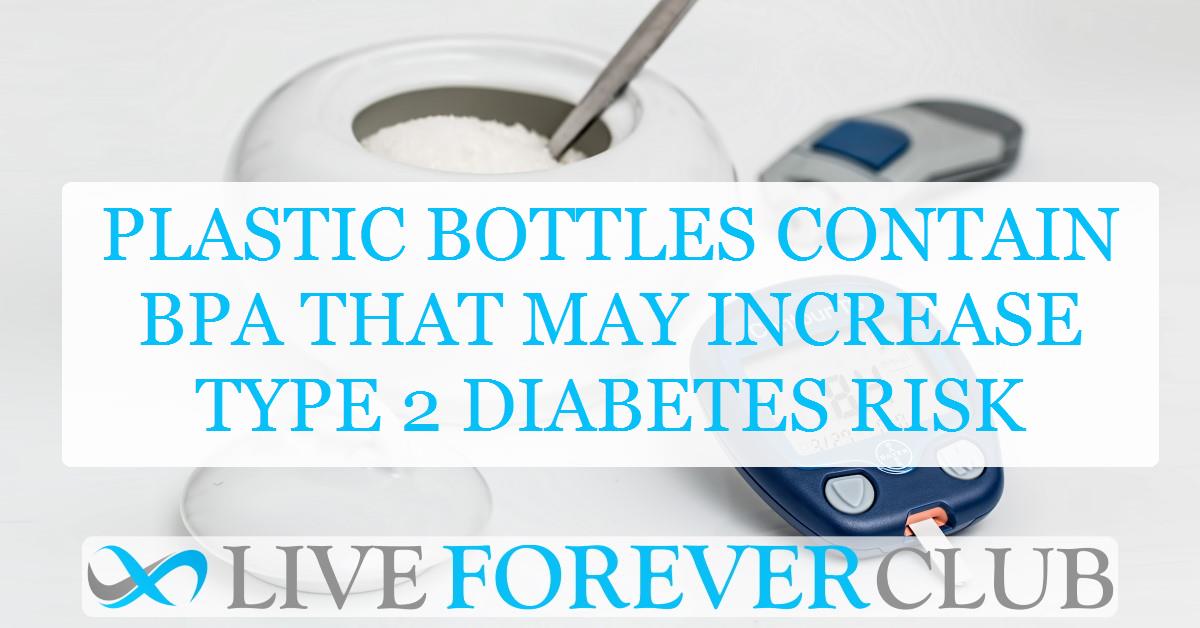Key points from article :
A recent study has established a direct link between exposure to Bisphenol A (BPA) and an increased risk of type 2 diabetes, presenting significant implications for public health. Conducted by researchers from the Cal Poly Center for Health Research and presented at the 84th Scientific Sessions of the American Diabetes Association, the study is groundbreaking as it provides direct evidence of BPA's impact on insulin sensitivity in adults.
BPA is a chemical widely used in producing hard plastics and epoxy resins found in common items like baby bottles and food containers. Known to disrupt hormone function, BPA's association with diabetes risk has been largely speculative until now.
This study involved a double-blind trial where participants consumed BPA at the US Environmental Protection Agency’s (EPA) safe dose for four days. The results indicated a significant decrease in peripheral insulin sensitivity in the BPA group compared to the placebo group, although no changes in body weight or fasting blood glucose were observed.
Experts highlight the broader implications of these findings. Reducing BPA exposure, such as using stainless steel or glass bottles, might lower diabetes risk, prompting a reevaluation of current safety guidelines. The study also emphasizes the need for further research to explore the effects of lower BPA doses over extended periods and the potential mitigating impact of aerobic exercise.
Additionally, the study raises concerns about vulnerable populations, such as pregnant women and children, who are particularly sensitive to endocrine disruptors like BPA. The cumulative exposure to multiple chemicals, known as the "chemical cocktail effect," could exacerbate health risks, especially in low-income and minority communities disproportionately affected by environmental toxins. This underscores the importance of policies aimed at reducing exposure disparities to protect these at-risk groups.
In summary, while the study provides compelling evidence of BPA's harmful effects, it calls for continued research and policy changes to address these health risks and promote safer alternatives.





